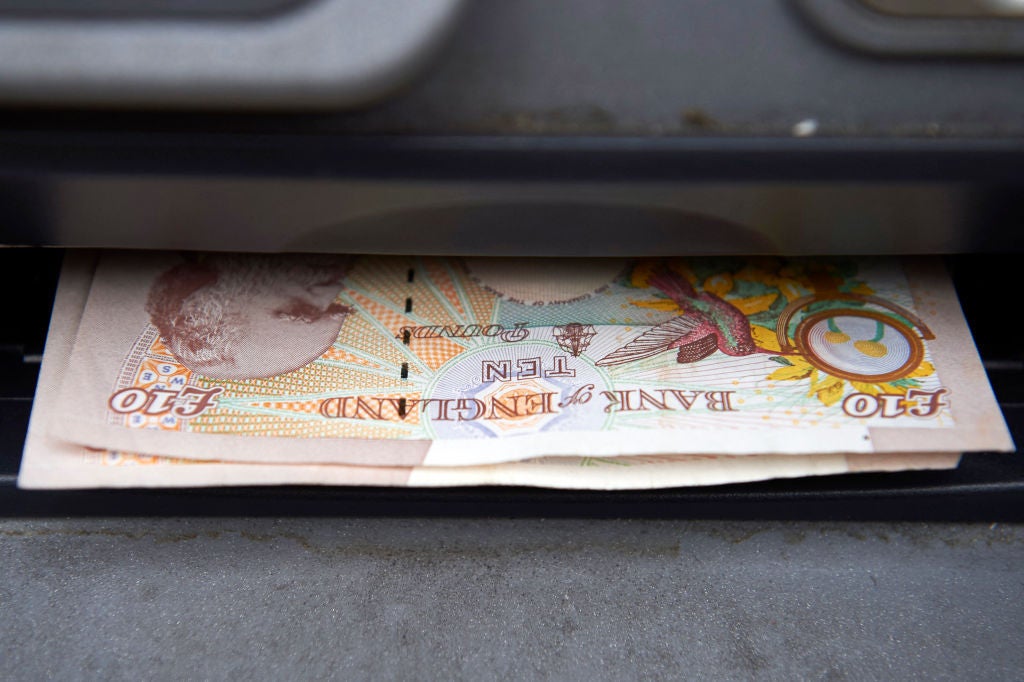ARTICLE AD BOX
The Bank of England (BoE) announced on Thursday a cut to the Bank Rate - what we might simply call the interest rate - to 4.25 per cent, meaning mixed news for personal finances in the UK.
The Bank’s nine-person Monetary Policy Committee (MPC) voted by a majority of five-four to reduce rates by 0.25 percentage points, bringing it down to the lowest level since May 2023.
The committee stressed that it remains “sensitive to heightened unpredictability in the economic environment” and that a “gradual and careful approach” to cutting rates was appropriate.
Here’s a brief rundown of what the new rate might mean for you:
What does the interest rate mean for mortgages?
Broadly speaking, as increasing interest rates have meant mortgage repayments going up, then the reverse should also hold true: lower rates, lower repayments. However, there are several important things to note.
Firstly, that it’s only the interest on the repayments which should change - your capital repayments will naturally decrease the more you pay off your mortgage. Secondly, the base rate isn’t the rate you are necessarily charged by your bank or lender for the mortgage - they’ll base theirs off the BoE rate but it doesn’t have to be the same.

More than half a million people do, however, have a mortgage which tracks the BoE interest rate and those will see an immediate change. Far more have fixed term deals which expire each year and need renegotiating.
Additionally, if you’ve got a fixed term on a mortgage plan, you won’t see a change in any case until that comes to an end.
What about savings accounts?
If you have money in a savings account, it’s the other side of the see-saw to mortgages: rates going down mean you’ll earn less interest.
As there’s still a bit of a fierce battle raging among banks and building societies for customers, it’s still possible to get good deals if you are happy to lock in money for a fixed period of time or contribute regular amounts, with several offering around five per cent or even considerably more.
There are always terms and conditions to be met, so ensure it suits your circumstances, but the opportunity remains there to save and earn money at a better rate than inflation. Do be aware of the amount of interest you can earn without being taxed, though. If your savings account interest rate isn’t fixed, naturally it could decrease now as the base rate goes down.
A tax-efficient way of saving is to use a Cash ISA - but remember the deadline is fast approaching.
Bills and repayments
Credit card repayments and bank or car loans are of course also affected by interest rates, as the amount they all charge for borrowing will be altered.

For credit card users, it’s always ideal to pay off the full amount each month if you are able to, to avoid interest being charged at all - depending on your circumstance and the account type, they can be one of the more costly ways to borrow.
Again, it may not be immediate that lenders lower their rates after a base rate drop, but get in touch with them to assess your options if you feel your repayments could or should be lower.









 English (US) ·
English (US) ·